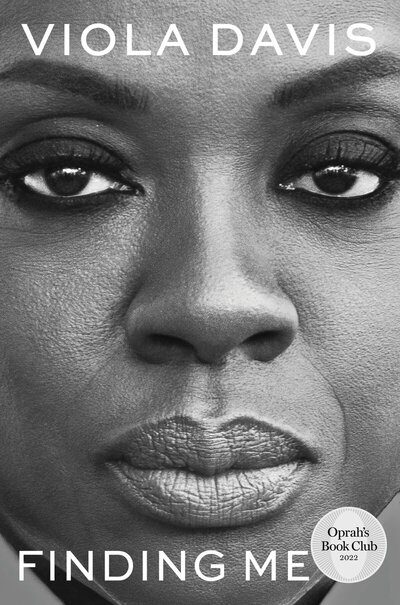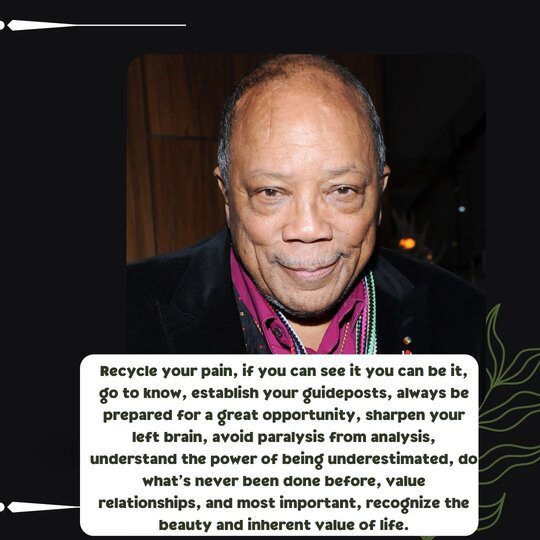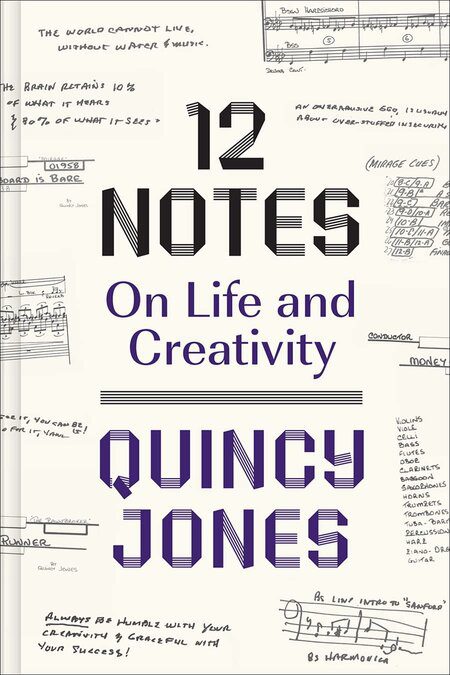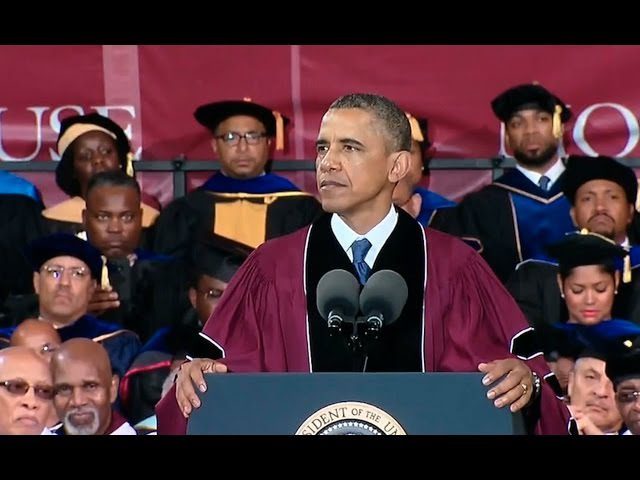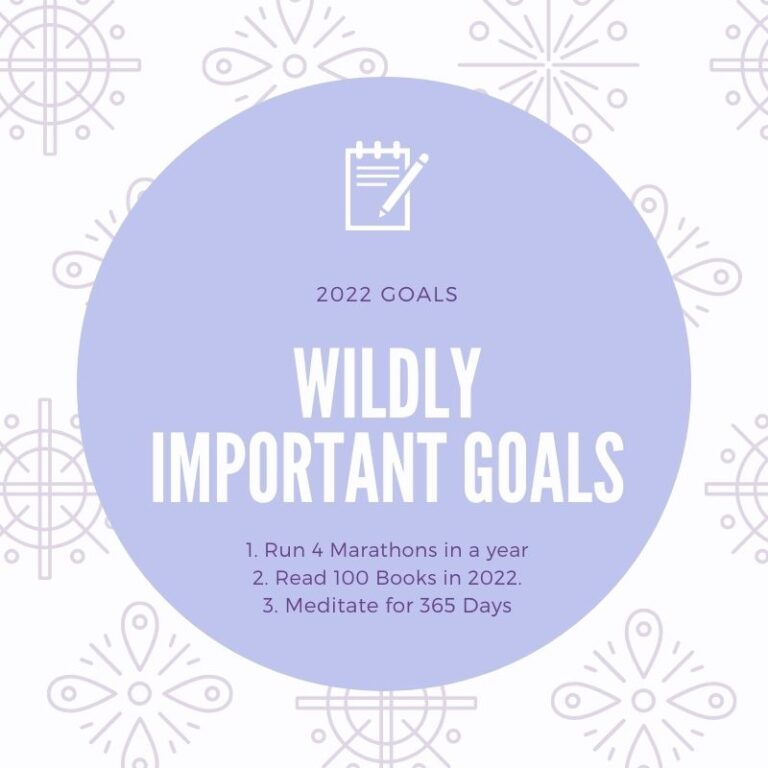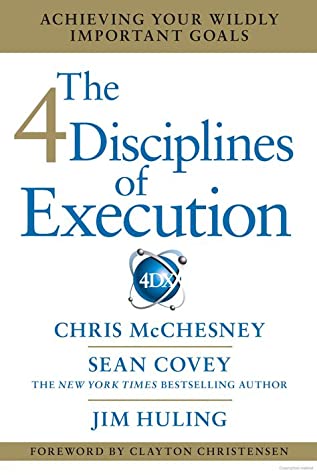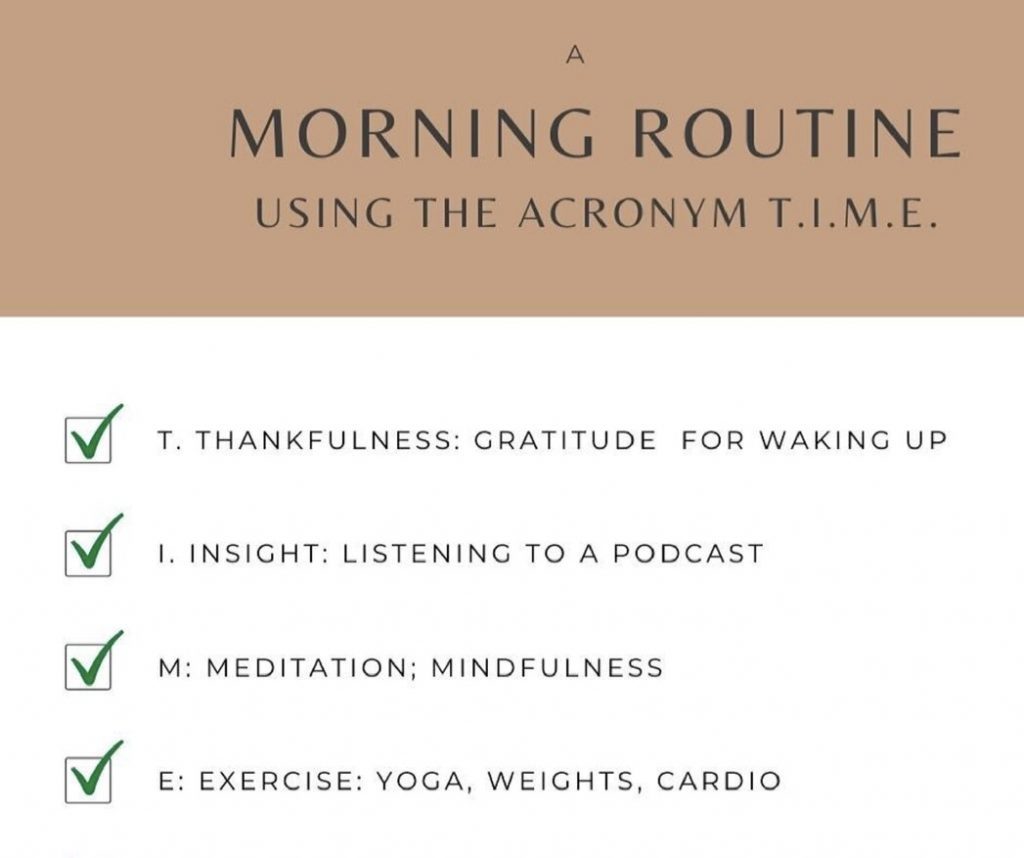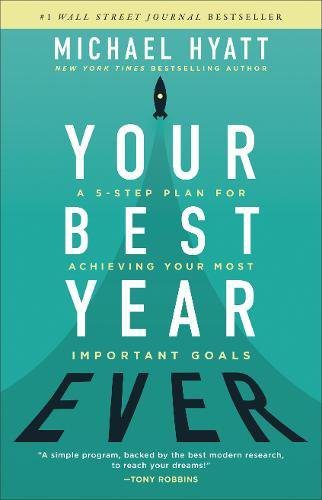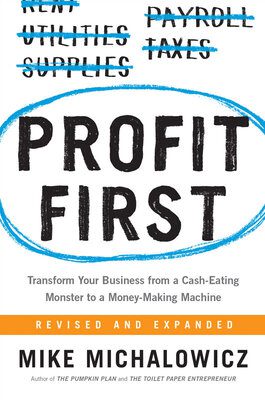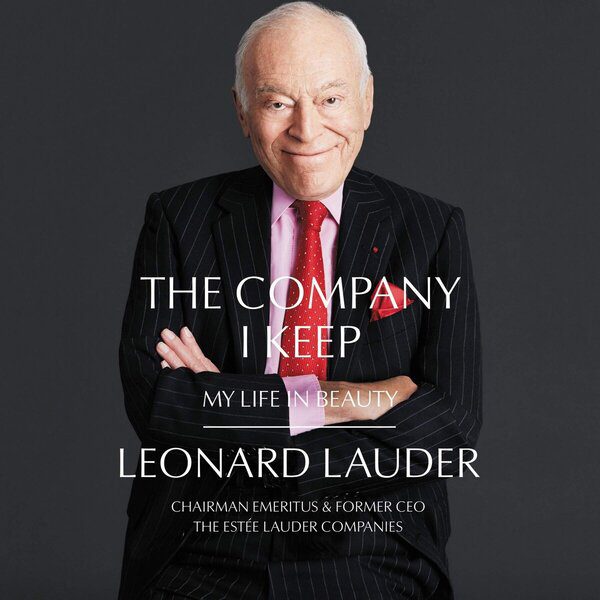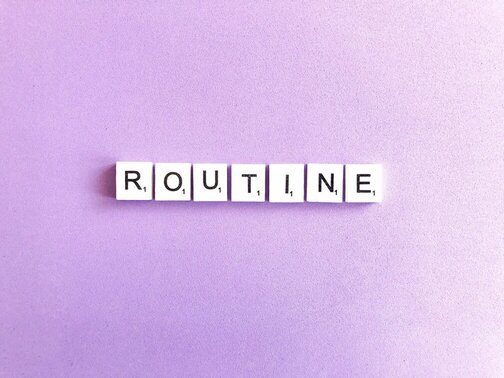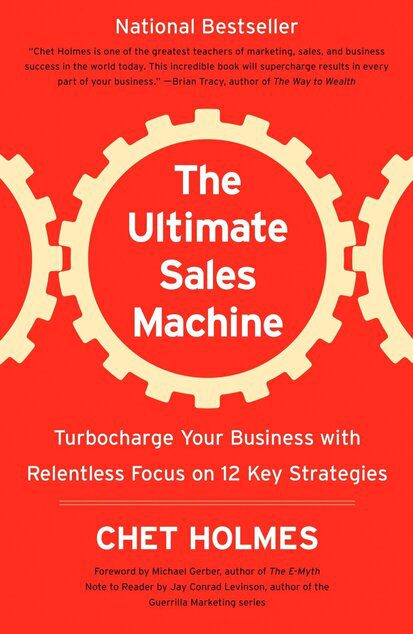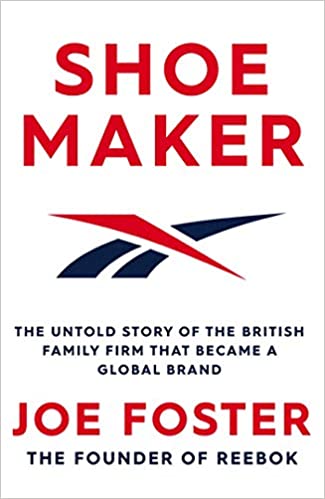What information consumes is rather obvious: it consumes the attention of its recipients. Hence a wealth of information creates a poverty of attention and a need to allocate that attention efficiently among the overabundance of information sources that might consume it. – Hebert Simon
Your priority determines what you pay attention to and give the utmost importance to. American author and motivational speaker Tony Robbins often say “Energy flows where attention goes.” The difference between successful people and non-successful is how they spend their time and what they prioritize. Priority is derived from the old french word Priorite, from the latin Prioritas. Morphologically it contains the word: Prior + ity. It means the importance placed on an activity, item, event, person, or situation. A priority is something you do first, you do it prior to doing any other thing. It is of utmost importance, it affects your bottom line, it affects your well-being, and it affects your choices and decisions.
The reason most goals are not achieved is that we spend our time doing second things first.- Robert J. McKain
In the book, The 4 Disciplines of Execution: Achieving Your Wildly Important Goals, authors Chris McChesney, Sean Covey, and Jim Huling define Wildly Important Goals (WIG) as the goals you must achieve with total excellence beyond the circling priorities of your day-to-day. To succeed, you must be willing to make the hard choices that separate what is wildly important from all the many other merely important goals on your radar. Then, you must approach that WIG with focus and diligence until it is delivered as promised, with excellence.
Human beings are genetically hardwired to do one thing at a time with excellence.
Focusing on the wildly important means narrowing the number of goals you are attempting to accomplish beyond the day-to-day demands of your whirlwind.
A wildly Important Goal is the goal that matters most. Failure to achieve it will make every other accomplishment seem secondary, or possibly even inconsequential.
The concept of wildly important goals has been very important in my quest to achieve my goals. Our time here is limited and the need to have a sense of urgency has never been these urgent. In our instant everything, shortcut driven world, setting your intentions and reviewing your goals daily is a great skill set to master. To re-order my priorities daily, I use the Thankfulness, Insight, Meditation, and Exercise (TIME) framework as taught by English author and former Hindu monk, Jay Shetty in his book, Think Like a Monk: Train Your Mind for Peace and Purpose Every Day.
- Thankfulness: I start my day by filling out the gratitude journal.
- Insight: I listen to audiobooks, watch documentaries, and read books, magazines, and reports to stay sharp and informed.
- Meditation: I meditate for 30 minutes in the morning before I start the day. Starting the day with meditation gets me centered and in equanimity with what matters.
- Exercise: I engage in a five-minute guided stretch in the morning and work out for 2 hours in the gym after work.
I have been experimenting with the TIME framework since October 2021 and it has allowed me to stay centered, and focus on my wildly important goals daily.
If you don’t design your own life plan, chances are you’ll fall into someone else’s plan. And guess what they have planned for you? Not much. – Jim Rohn
Review your goals constantly to remind you of your most important goals
In his book, Your Best Year Ever: A 5-Step Plan for Achieving Your Most Important Goals, NYT Bestselling Author and Speaker Michael Hyatt describe the concept of daily threes and weekly big 3. He advocates constantly reviewing your goals as this reminds you of your most important goals. Hyatt writes:
Reviewing your goals and motivations will keep you ideating, self-checking, and analyzing. And that will up your resolve and stimulate creative problem-solving. He breaks goal reviews into three separate reviews: daily, weekly, and quarterly.
Daily Review
One of the main challenges we face with reaching our goals is losing track of them. We get distracted and sidetracked by life, and they slip out of focus. We can lose months of the year before we realize we’re not making progress. A regular goal review process can fix that problem.
Weekly Review
Next is the weekly review. It goes a bit deeper and takes a bit longer about twenty minutes. A weekly review keeps those key motivations present in our minds. When we’re in the thick of it, it can be hard to recall. But when we’re reviewing our rationale week in and week out, the reasons become so internalized, we know what’s at stake.
Quarterly Review
Quarterly goal setting naturally leads to a deeper review every three months. In the quarterly review process, at least five options are possible:
- Rejoice
- Recommit
- Revise
- Remove
- Replace
look at the four quarterly review options as a decision tree:
▶ REJOICE if you’ve reached your goal/milestone. If you’re not there yet,
▶ Then RECOMMIT to achieve it. If you can’t recommit,
▶ Then REVISE the goal so you can achieve it. If you can’t revise,
▶ Then REMOVE the goal from your list. If you remove a goal,
▶ Then REPLACE it with another you want to achieve.
If you do not set your priorities daily, you would fall into other people’s plans and expectations. If you don’t have your goals and aspirations, others would use you to get their goals achieved. By setting a widely important goal daily, you would re-order your priorities, be reminded of what really matters, and be in a better position to achieve your dreams.
Set your intentions and goals daily, review them daily, restrategize, recalibrate and most importantly “Start with Why”. Achieving any worthwhile goal is challenging and tough but with hard work, dedication and discipline, you can achieve anything you set your sight on. As author Naopleon Hill once observed: “What the mind of a man can conceive and believe, it can achieve.”
All the Best in your quest to get Better. Don’t Settle: Live with Passion.
